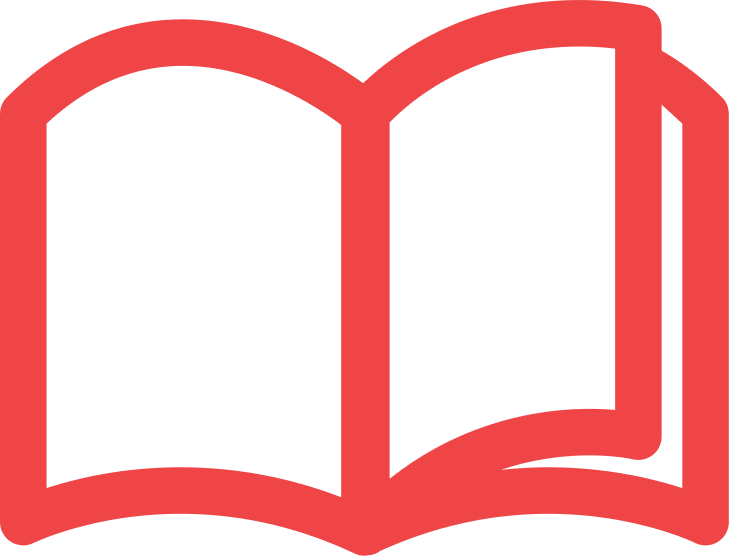
I said in a previous post that I was starting to re-read Pascal’s Pensées, and I invited you to grab a copy and read along. I originally thought that I could go at the pace of one section per day, but after starting with section one yesterday I find I’ve got a pile of notes and so much to say that I think I’ll have to slacken the pace. I was reminded just how brilliant a book this is for Christians in academia, from a whole range of angles, and I’m looking forward to sharing some of the treasures I found in section 1 over the coming days.
Here’s the first one…
Pascal begins in the first pensée by drawing a distinction between the intuitive and the mathematical mind. The intuitive mind grasps the whole as a whole without the need for analysis, whereas the mathematical mind seeks to find first principles and carefully reason forward from them.
What I love about Pascal is that he doesn’t say that one way of reasoning is necessarily and always better than the other, but he points out defects in both of them:
1
The reason, therefore, that some intuitive minds are not mathematical is that they cannot at all turn their attention to the principles of mathematics. But the reason that mathematicians are not intuitive is that they do not see what is before them, and that, accustomed to the exact and plain principles of mathematics, and not reasoning till they have well inspected and arranged their principles, they are lost in matters of intuition where the principles do not allow of such arrangement. They are scarcely seen; they are felt rather than seen; there is the greatest difficulty in making them felt by those who do not of themselves perceive them. These principles are so fine and so numerous that a very delicate and very clear sense is needed to perceive them, and to judge rightly and justly when they are perceived, without for the most part being able to demonstrate them in order as in mathematics; because the principles are not known to us in the same way, and because it would be an endless matter to undertake it. We must see the matter at once, at one glance, and not by a process of reasoning, at least to a certain degree.
Pascal continues by lamenting that each of us is to some extent one-legged in this respect, hobbling along with either the intuitive or the mathematical bent more developed in us:
And thus it is rare that mathematicians are intuitive, and that men of intuition are mathematicians, because mathematicians wish to treat matters of intuition mathematically, and make themselves ridiculous, wishing to begin with definitions and then with axioms, which is not the way to proceed in this kind of reasoning. Not that the mind does not do so, but it does it tacitly, naturally, and without technical rules; for the expression of it is beyond all men, and only a few can feel it.
It strikes me that, as well as individuals, academic disciplines and sub-disciplines can suffer from similar imbalances. Are there insights or avenues of investigation in your discipline that are simply unthinkable because they would need to draw on the “wrong” sort of thinking. Both ‘intuitive’ and ‘mathematical’ disciplines can be guilty of this.
And what about us? Our academic training and disciplinary expertise will almost certainly predispose us to certain ways of thinking, sometimes more intuitive and sometimes more mathematical, and this predisposition will most likely permeate the whole of our thinking lives, not just our academic life, and influence the way we think about Jesus and the bible as well. Our disciplinarily inflected mode of thinking will have its strengths, and generally speaking we are very well aware of those strengths (they are probably part of the reason we chose our discipline in the first place). But it will also predispose us to certain weaknesses, and we are less conditioned—often also less willing and less encouraged by others—to admit the dangers in the predispositions of our academic disciplines. Pascal would have us know where we sit in the schema of intuitive and mathematical thinking, and know our weaknesses as well as our strengths.
